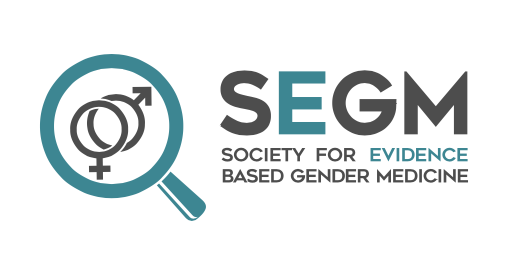Grade 5-8 Workshop on Gender and Queer Identity
Eye opening report by a parent of a student attending an Elementary Public School in Ontario province.

[click image to enlarge]
I’m a parent at an Elementary-aged Public School in York Region District in Ontario.
Sometime at the end of February, without parents’ knowledge, the school invited Canadian Centre for Sexual and Gender Diversity to give a workshop on gender diversity and queer identity to students from Grade 5 to 8. The title and content of this workshop and by what organization were all vague. Some parents heard something from their children but no one had a clue what happened.
Until March 1st.
At the school parents council meeting, while the school showed previous activities at the school, I noticed this workshop for Grade 5 to 8 and asked what it was about and if parents’ consent were obtained. The Principal stated that this topic falls under the Human Rights code, thus parents acknowledgement or consent are not required. Two other council members stated that they wanted to be educated on the same topic so parents can help promote gender equity. The school thought it would be a great idea to bring in speakers to give a gender diversity session to parents. On April 21, the school sent out the following invitation to all parents at the school:

Read about the whole episode here. She took photos of the training session and presentation slides are provided.
Don’t think this is just a Canadian issue!
+++


